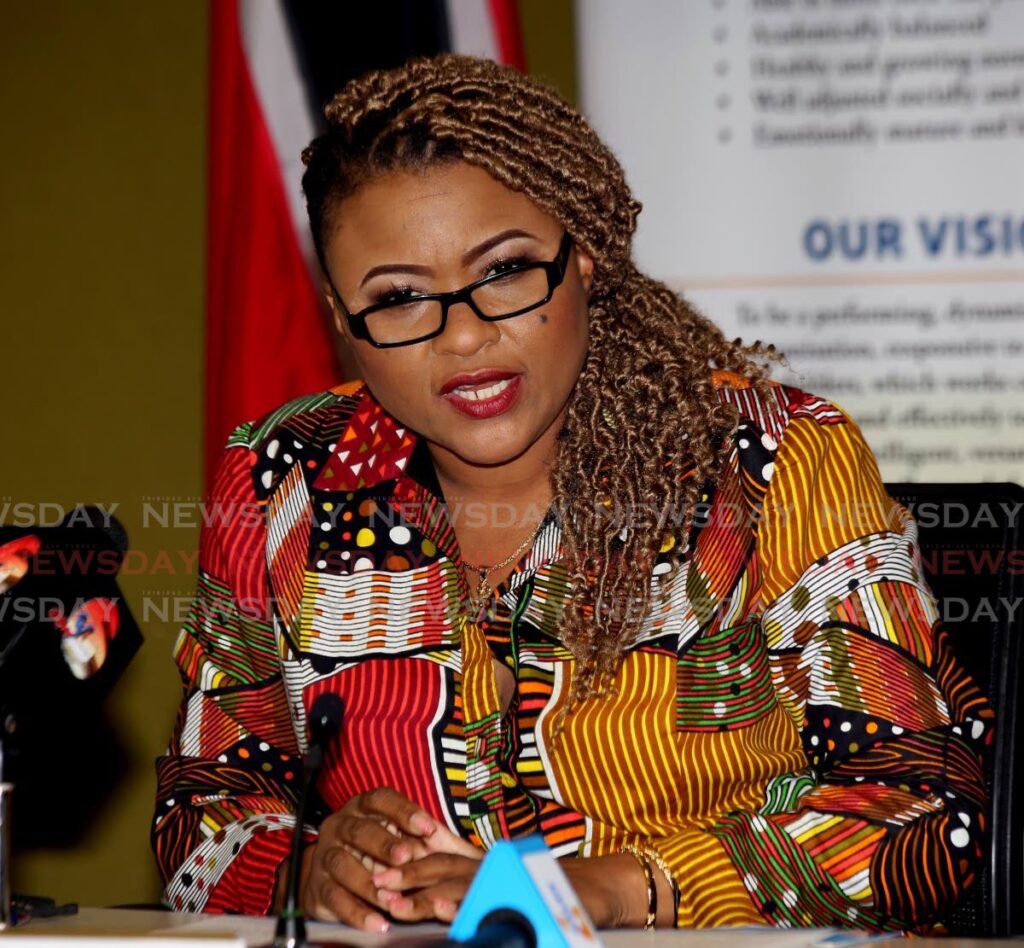Doing right by the 50 per cent

IN BOTH Trinidad and Tobago, the call to arms in the education system rang loud after the announcement of the results of the 2022 SEA exam.
On Friday, Education Minister Dr Nyan Gadsby-Dolly announced that out of 19,079 students sitting the exam, 9,000 had scored less than 50 per cent.
The percentage of low-scoring pupils has been rising since 2020 (34.8 per cent) compared to 44.9 per cent in 2021.
THA Secretary of Education Zorisha Hackett also noted the low average subject scores among the 984 students who sat SEA in Tobago. While 278 students passed for their first choice secondary school, 128 of them will have to resit the exam.
According to Dr Gadsby-Dolly, the number of students exceeding a 90 per cent score dropped from three to 0.47 per cent, while the number of students scoring less than 30 per cent in the exam, almost doubled from 8.3 per cent in 2020, to 17.7 per cent in 2022.
In response, the minister announced a vacation revision programme at 26 secondary schools nationwide for students who will sit the 2023 exam.
The students will meet in classes no larger than 15, for coaching by 600 teachers to be recruited from the primary and secondary school system.
The project is expected to cost $10 million.
Both Dr Gadsby-Dolly and Ms Hackett blamed the slide in results on the faltering state of education during covid19 restrictions at the height of the pandemic, but that's a surface reading of what the two years of lockdowns revealed.
Globally, school systems that invested in ICT training and systems responded faster and more decisively to the covid19 education crisis.
TT was caught flat-footed by the digitally-driven changes forced on education.
The effort since the reopening of schools has been on restoring the education status quo and pretending that covid didn't happen.
There hasn't been enough of an effort to identify the students most affected by the structural collapse of the education system during the effort at remote learning.
The 9,000 are our clearest indicator yet of the education gaps in the school system that became chasms under restrictions. Students don't come from equivalent backgrounds with uniformly adequate support systems.
Vacation studies are an excellent idea, but identifying the diverse needs of challenged students should form part of this improvement programme or the whole effort will become a temporary plaster for the exam sore.
Education is long overdue for structural strengthening and rationalisation, inclusive of modernising teacher training and curriculum change to support a new landscape of work.
TT has successfully made education an accessible human right, but it must now commit to doing it right.


Comments
"Doing right by the 50 per cent"